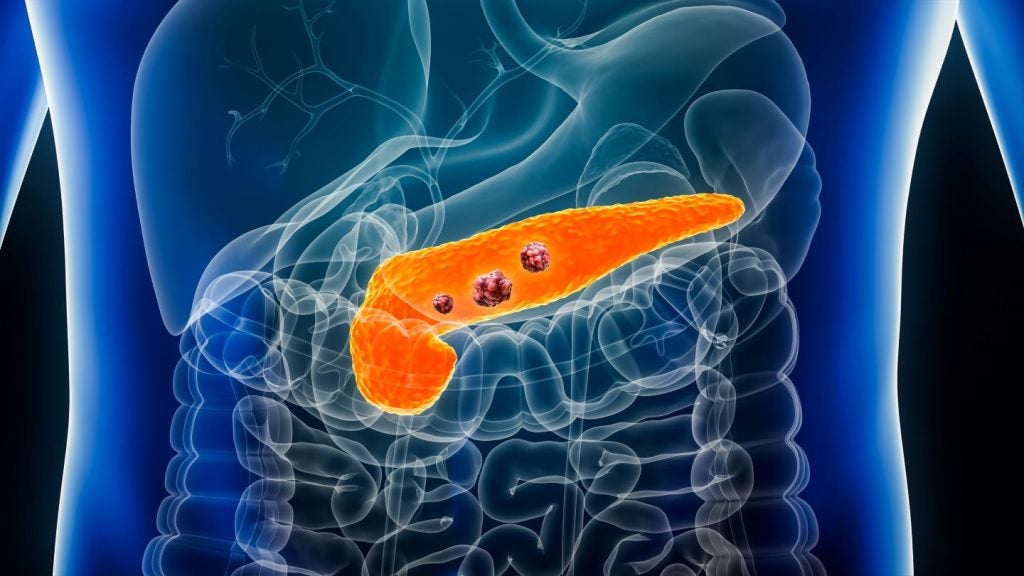German biopharmaceutical company SciRhom has secured €63m ($70m) in a Series A funding round to expedite the development of iRhom2-targeting therapeutics for autoimmune diseases.
The significant financial boost was jointly led by a consortium of investors including Andera Partners, Hadean Ventures, Kurma Partners, MIG Capital and Wellington Partners.
Bayern Kapital joined as a new investor, alongside existing stakeholders High-Tech Gründerfonds and PhiFund Ventures.
The investment will expedite the development of SciRhom's therapeutic strategy, which focuses on autoimmune disorders.
Its lead candidate, SR-878, is a monoclonal antibody targeting iRhom2, with a clinical trial commencing in the second half of 2024.
SciRhom’s SR-878 is engineered to inhibit multiple inflammatory pathways such as TNF-alpha, IL-6R, and EGFR signalling.
This multifaceted approach is aimed at preserving essential TACE/ADAM17-dependent functions.
The therapy has the potential to modulate immune tolerance by enhancing TNFR2 signalling and regulatory T-cell expansion.
In preclinical studies, the asset demonstrated efficacy in vitro and in animal models for rheumatoid arthritis and inflammatory bowel disease.
SciRhom obtained CTA [clinical trial authorisation] in June 2024 with a trial anticipated to be launched in Austria to assess the safety of the asset in healthy volunteers.
The board of directors of SciRhom will welcome five new members: Dr Olivier Litzka from Andera Partners, Dr Peter Neubeck from Kurma Partners, Dr Georgina Askeland from Hadean Ventures, Dr Fei Tian from MIG Capital and Dr Varun Gupta from Wellington Partners.
SciRhom co-founder, managing director and chief operating officer Dr Jens Ruhe said: “Since its foundation, SciRhom has applied rigorous science to establish a leading position in iRhom2-targeting biopharmaceuticals including a comprehensive IND/CTA-enabling data and CMC [chemistry, manufacturing and controls] package and strong patent protection.
“Now is the time to shift gears and accelerate our novel and potentially groundbreaking therapeutic strategy toward clinical proof-of-concept and beyond to reach patients in need of better autoimmune treatments.”















